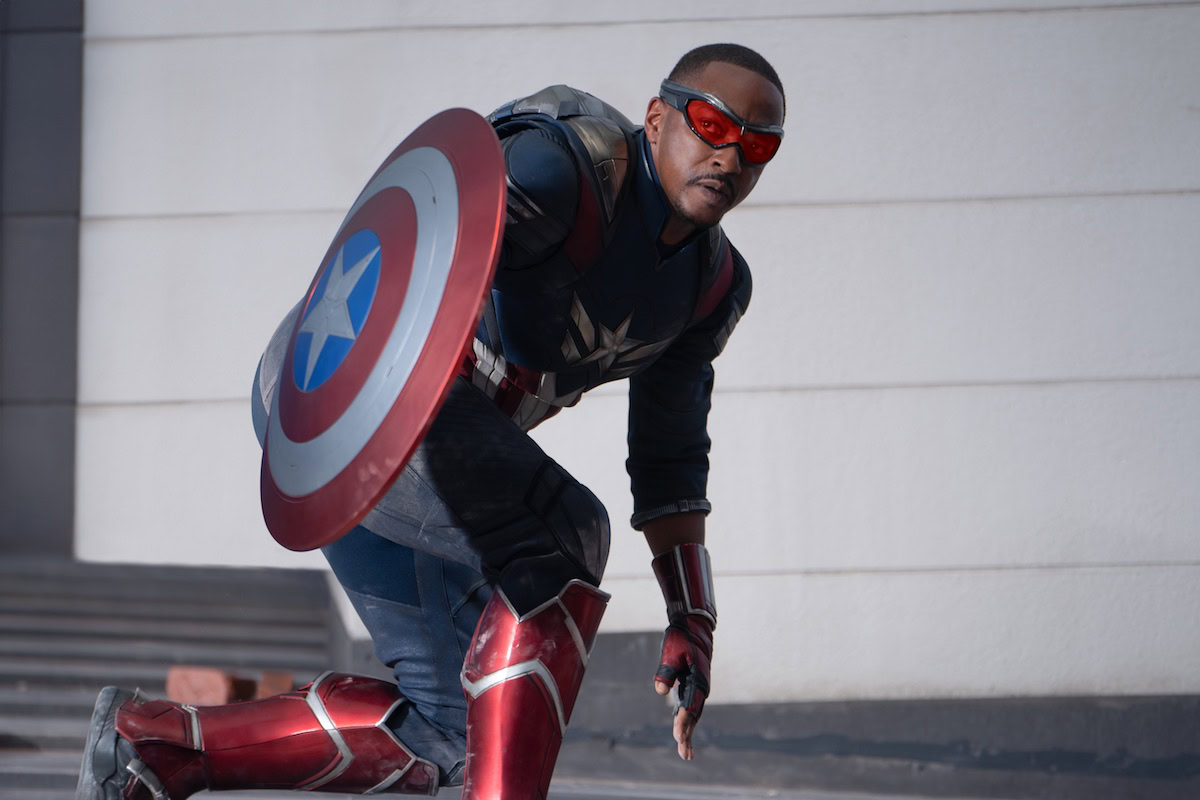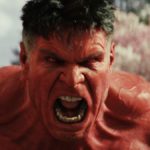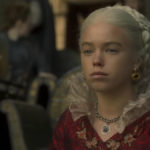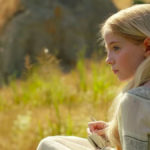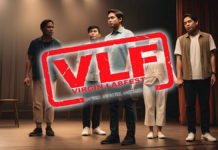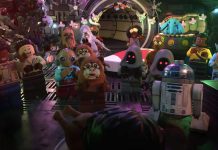There’s a certain irony in how Marvel’s legacy seems to be both its biggest asset and its heaviest burden. You might have heard James Gunn’s famous take: while the DC universe parades gods and monsters in a realm where the fantastical is the norm, the Marvel Cinematic Universe roots its heroes and villains in the everyday grit of our own world. And yet, when you look at the history of the MCU, especially the three Captain America movies since Captain America: The First Avenger (2011), it’s clear that the only true success story has been the one steeped in espionage and wartime grit. This latest film—now rebranded as Captain America: Brave New World—seems to try and merge both styles but ends up feeling like a mishmash that never quite finds its rhythm.
Marvel vs. DC: A Tale of Two Universes
James Gunn’s observation sets the stage: the DC universe lets imagination run wild with larger-than-life narratives, while the MCU gives us heroes who could be your next-door neighbor. And that’s been Marvel’s charm—heroes who, despite extraordinary abilities, wrestle with very human dilemmas. The Captain America films were a testament to that formula: grounded in the stark realities of espionage and war tactics, they struck a chord with audiences hungry for authenticity in a sea of superpowers.
Yet, as the MCU marches toward its grand finale with upcoming films slated for 2025 and the final act of the Infinity Saga looming on the horizon, there’s an undercurrent of anxiety. The Falcon and the Winter Soldier, with all its promise and pitfalls, has left fans wondering if Marvel is stretching itself too thin. Is this new chapter a bold evolution or just another example of style over substance?
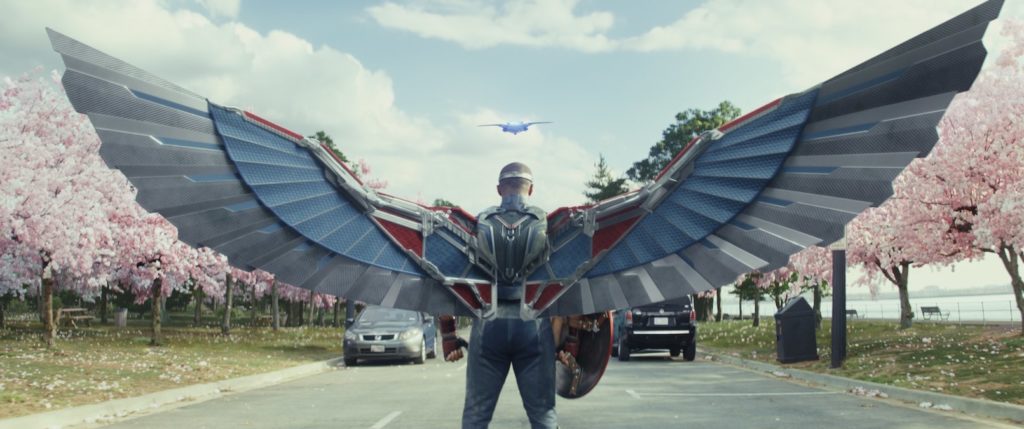
a film that feels neither here nor there—caught in a limbo where it neither offers the gritty realism of war tactics nor the unbridled fantasy of a DC epic.
A Title That Promised More Than It Delivered
Let’s talk about the title change to Captain America: Brave New World. On paper, it hints at a futuristic twist, an exploration of a new era where the old guard might give way to fresh challenges. The title exudes promise—a call to break free from the mold. Yet, as the film unfolds, that promise feels more like a marketing ploy than a genuine thematic shift. The narrative struggles to capture the audacity implied by “Brave New World,” instead settling into predictable beats that echo past successes without reinventing the formula.
Perhaps the title was meant to signal a departure, a chance to blend the nuanced espionage of earlier Captain America tales with the sprawling, interconnected drama of the current MCU. But the end result is a film that feels neither here nor there—caught in a limbo where it neither offers the gritty realism of war tactics nor the unbridled fantasy of a DC epic.
A Tale of Two “Captains”
One of the film’s most ambitious—and ultimately flawed—endeavors is its attempt to juggle multiple legacies. We get a look at different embodiments of Captain America: Sam Wilson’s modern, tentative stewardship, and the lingering almost mythical shadow of Steve Rogers. Both characters are meant to represent a facet of what Captain America stands for, but the juggling act falls flat.
Sam Wilson’s transition to the mantle feels rushed. There’s an effort to make him a worthy successor, but his arc comes off as hollow, leaving you to wonder if he’s really stepping into big shoes or just standing in their shadow. And as for Steve Rogers? His legacy is so iconic that any attempt to recapture his heroism seems doomed to comparison. The film promises depth but leaves us with unfulfilled character studies that simply don’t add up to a compelling whole.
When Familiar Faces Feel Out of Place: Thunderbolt Ross Recast
Harrison Ford’s casting as Thunderbolt Ross was one of the film’s bold moves. Here’s the thing: Ford is a legend, and his involvement should have brought a gravitas that could lift any scene. But his portrayal of Ross is off-kilter. Instead of exuding the controlled fury of the original character, Ford appears disturbed—a far cry from the intense, almost palpable anger that fans remember. It’s as if the recasting shifted the character’s emotional core, leaving a void that few of his iconic lines or rugged expressions could fill.
It’s a reminder that even the biggest names can struggle to capture a character’s essence when the direction itself is muddled. The casting choice might have been intended to inject fresh energy, but instead, it ends up feeling like a case of miscast potential, one that highlights the film’s overall struggle to balance legacy and innovation.
A Bridge Too Far? Nods to the Past That Don’t Hold Up
The film makes a nostalgic reference to the 2008 Incredible Hulk, a nod meant to bridge Marvel’s past with its present narrative. That earlier film had its own raw, unpolished charm—a sort of gritty experiment that eventually paved the way for the polished spectacle we see today. In theory, this connection should ground Captain America: Brave New World in the history of Marvel storytelling. In practice, however, it feels like a half-hearted homage rather than a meaningful bridge.
The reference is brief, almost as if the filmmakers wanted to remind us that there was once substance behind the superhero veneer. Unfortunately, that reminder isn’t enough to carry the weight of the film’s shortcomings, leaving fans longing for the more emotionally charged storytelling of yesteryear.
Homework Overload: Marvel’s New Normal?
One of the most frustrating aspects of this film is the sense that you need a Ph.D. in Marvel lore just to follow the plot. Gone are the days when a movie could stand on its own; now, if you haven’t caught every Easter egg or memorized every cameo, a lot of the magic simply evaporates. And without that magic, the film’s emptiness becomes glaringly obvious.
Take, for instance, the character of Agent Taylor, played by Xosha Roquemore. Her performance is, frankly, monotonous—her lines delivered without the spark that might have given the role some much-needed energy. It’s puzzling why a character with so much supposed access and importance is written in such a lackluster way. And then there’s the absurdity of certain plot points. Why would the President of the United States personally command a fleet? Isn’t that what admirals are for? These moments of inaccuracy jar the viewer, breaking the suspension of disbelief that Marvel movies typically excel at maintaining.
Captain America: Brave New World had all the ingredients for a standout entry in the MCU but somehow, it ends up feeling hollow.
Captain America’s Lost Arc
At the heart of the film is Captain America, whose motivation seems as empty as a reheated plotline. The film teases a potentially rich narrative—one that could have explored the weight of legacy, the burden of leadership, and the evolution of a hero—but it never quite gets there. Was his arc meant to be a bold new statement? Or is it just another retread of familiar territory? Whatever the intention, the execution leaves you with more questions than answers.
In contrast, Ross’s storyline manages to deliver a semblance of fulfillment, despite its own set of issues. It’s almost ironic that a secondary character ends up having a more satisfying narrative than the titular hero. This imbalance only underscores the film’s inability to prioritize its strengths, instead scattering its focus across too many unfinished threads.
Wrapping It Up: A Marvel Misfire?
Brave New World is a film that had all the ingredients for a standout entry in the MCU—nostalgia, legacy, and high stakes—but somehow, it ends up feeling hollow. It’s as if Marvel tried to recapture the magic of its earlier, more grounded stories, only to find that the formula doesn’t translate well in a universe overloaded with backstory and fan service.
You know what? If you were to watch it as a standalone action flick, you might enjoy the spectacle and the occasional clever nod to the past. But when viewed through the lens of the larger Marvel narrative, the film’s shortcomings are hard to ignore. The need for constant homework, the confused character arcs, and even the puzzling casting choices all contribute to a sense of emptiness that feels out of place in a franchise known for its emotional highs and narrative depth.Ultimately, Brave New World stands as a reminder that even the mightiest universes can stumble under the weight of their own legacy. The MCU may have found its winning formula in stories of espionage and war tactics, but when it strays too far from that path, it risks losing the very essence that made it resonate with fans in the first place. For those who crave depth and continuity in their superhero epics, this film may just leave you wondering: when did Marvel’s universe become more about the homework than the heart?
Click here for more stories like this. You may also follow and subscribe to our social media accounts: Facebook, YouTube, Instagram, TikTok, X, and Kumu.


